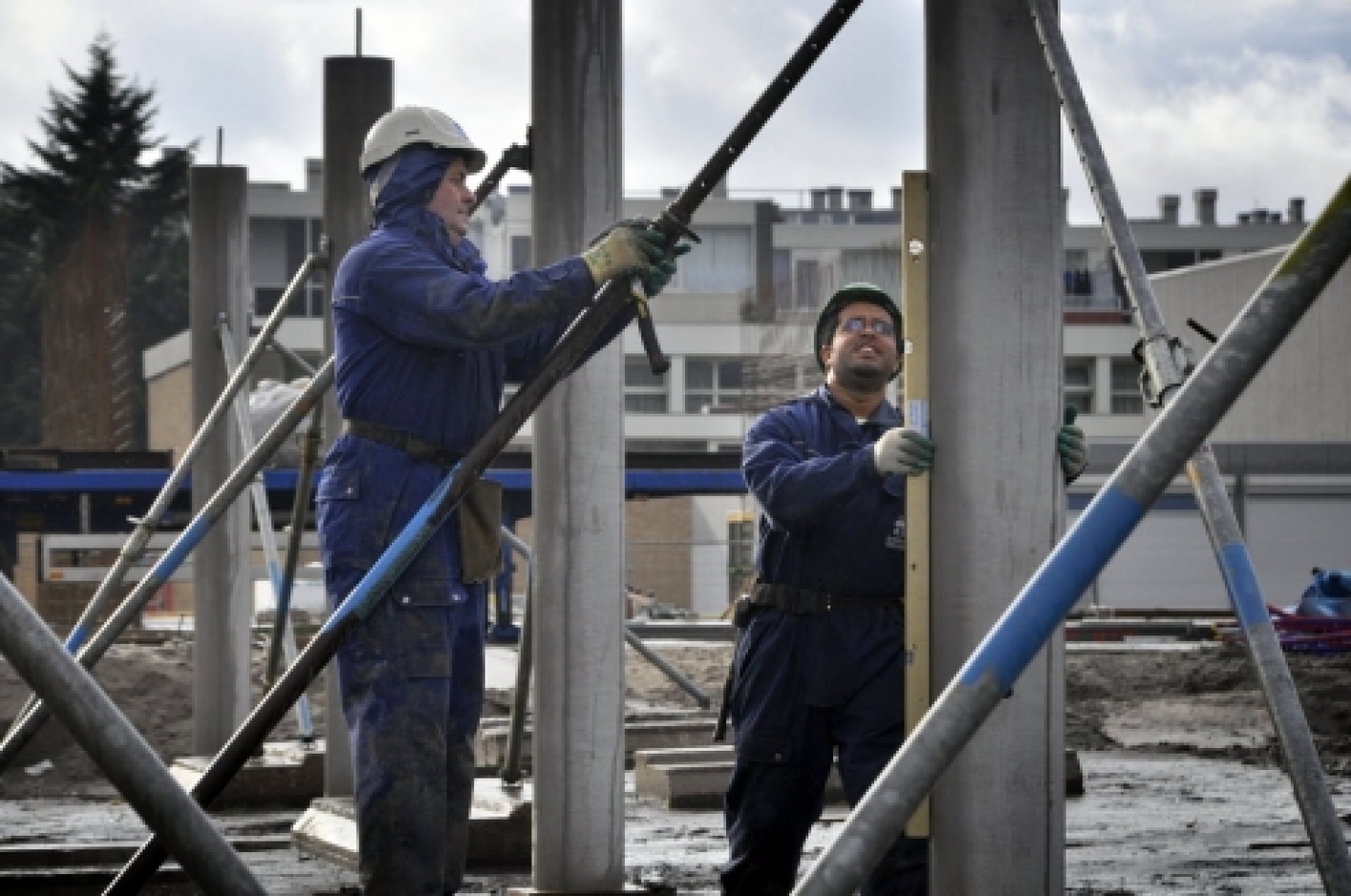
Background and request for advice
How can the pace of house building be increased to produce enough homes to meet the demand? The Minister of the Interior and Kingdom Relations has announced a series of measures to accelerate housing production. They include the launch of a dialogue with the regions, amendment of the Crisis and Recovery Act and the creation of a fund to make it financially feasible to construct housing in complex urban locations. In the National Housing Agenda 2018–2021, the minister and representatives of property developers, construction companies, home-owners and tenants, and landlords expressed the ambition of building 75,000 new homes annually until 2025.
In light of the public and political pressure to build houses quickly, the Council has drafted an advisory letter to the minister with a number of suggestions. The key question addressed by the Council is how to accelerate building production, while maintaining the quality of the living environment.
Explanation and points of departure
A central message in the advice is that the urgency of the building challenge must not lead to the subordination of other tasks that contribute to the quality of the living environment. After all, the new homes being built today will become tomorrow’s residential environments. The Council’s second message is that there is no quick fix for accelerating housing production. The Council therefore calls for a sense of realism on the part of all the stakeholders. The Council further argues that a lot of homes need to be built in the Netherlands, but not everywhere. Only in a number of regions that are experiencing persistent housing shortages.
In its advice, the Council makes a number of proposals for accelerating building production. The Council also expresses the view that in addition to increasing the number of houses being built, the minister’s policy should also be devoted to making the housing market more stable. At present, the production of homes is extremely sensitive to swings in the economy.
Recommendations
The recommendations concern short-term measures that can be taken to support the dialogue the minister has started in regions where the housing market is tightest, as well as measures that will have an impact in the longer term, but which should be taken on the short term.
- The minister should focus exclusively on regions where the housing market is tight and there are structural housing shortages, on the basis of a long-term commitment;
- The discussions of the regional round tables should address the following issues: improving the monitoring of planning capacity, producing good regional data, endeavouring to get away from the ‘greenfield-infill (re)development’ dichotomy in planning developments and prioritising locations and areas;
- Municipalities should strive to increase the building density at inner-city locations;
- Resolve problems relating to the accessibility of building locations;
- Use existing instruments and develop new ones to persuade land owners to actually build in accordance with a zoning plan;
- Enable housing associations to invest more in building production by introducing a discount on the landlord levy for new-build properties;
- Adopt measures to make housing market policy more anti-cyclical over time.
Publication
The advisory letter ‘Accelerating housing production, while maintaining quality’ was presented to Minister of the Interior and Kingdom Relations Kajsa Ollongren and the presidents of the House of Representatives and the Senate on 28 June 2018.
Information or reaction
For more information about the advice, please contact Lianne van Duinen, project leader, lianne.vanduinen@rli.nl, tel +31 (0) 6 15369330.